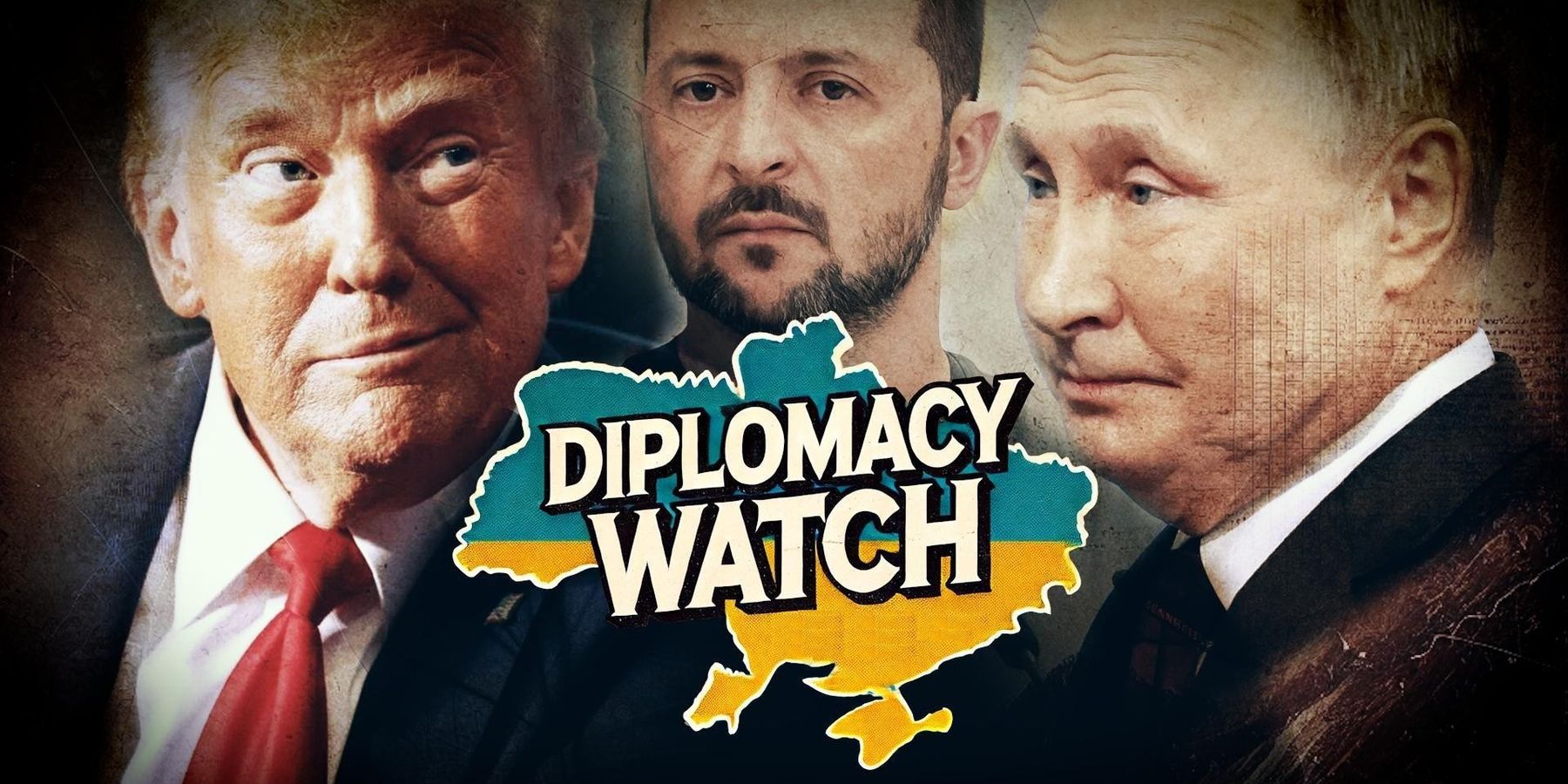On Thursday, Russian President Vladimir Putin indicated that he would support the U.S.-negotiated ceasefire between Russia and Ukraine under certain conditions.
Putin said that the Russians certainly support "the idea of a ceasefire," but "there are issues that we need to discuss, and I think that we need to talk about it with our American colleagues and partners and, perhaps, have a call with President Trump and discuss it with him.”
He added that the Russians “proceed from the assumption that the ceasefire should lead to lasting peace and remove the root causes of the crisis.”
The key conditions Putin outlined in a news conference late Thursday included a demand that foreign weapons assistance would not continue to flow to Ukraine during any 30 day ceasefire, that Russia would not let remaining Ukrainian soldiers to peacefully withdraw from Kursk but force them to surrender, and that Moscow must know who would be monitoring the ceasefire.
Ukrainian president Volodymyr Zelensky retorted by saying, "Putin, of course, is afraid to tell President Trump directly that he wants to continue this war, wants to kill Ukrainians,” adding that Putin had set so many preconditions “that nothing will work out at all, or that it will not work out for as long as possible.”
Steve Witkoff, Trump’s envoy, was expected to conduct talks with Russian leadership later on Thursday. In a statement, President Trump was cautiously optimistic, saying that there were “good signals” coming out of Moscow. Later at a Oval Office meeting with NATO Secretary General Mark Rutte, he said there were "very serious discussions going on" and “we’d like to see a cease-fire from Russia.” He also said the U.S. had been discussing territorial issues with Ukraine.
“We’ve been discussing with Ukraine land and pieces of land that would be kept and lost, and all of the other elements of a final agreement,” he said, adding: “A lot of the details of a final agreement have actually been discussed.”
Putin’s statements come after Ukrainian leadership endorsed the Trump administration’s proposal for a 30-day ceasefire. This support, as well as the resumption of military assistance and intelligence sharing to Kyiv, were secured during meetings between the American and Ukrainian leaders in Saudi Arabia earlier in the week.
The recent breakthrough comes after a public spat between Ukrainian President Volodymyr Zelenskyy and President Trump and Vice President Vance at the White House last month. Following that breakdown in negotiations, President Trump paused military aid from the United States to Ukraine. That pause has since been lifted.
Ukrainian leadership previously said that a ceasefire would only be agreed upon if security guarantees were attached, but none were mentioned in a joint statement. Indeed, Zelenskyy said in a late-night address that guarantees would be agreed to at a later time.
Russia still holds roughly 20% of Ukraine and insists that it maintain control of a significant portion following a ceasefire. Additionally, Ukraine has lost much of its leverage via its partial occupation of Kursk, which began in August of 2024.
In other Ukraine War news this week:
Reuters reports that Ukraine launched its most significant drone attack on Moscow yet. The attack on Tuesday killed at least three civilians and wounded 17 others. Due to the attack, Moscow had to shut down all four of its airports.
A poll released by The Economist this week indicates that the Ukrainian public still trusts Zelenskyy and rejects most of Russia’s demands despite Mr. Zelenskyy’s recent spat with American leaders at the White House.
According to the poll, 72% of Ukrainians strongly support or somewhat approve of President Zelenskyy’s performance. The poll also indicated that the president would likely win a hypothetical election. Additionally, 74% of respondents agree that “Ukraine should continue fighting even if the United States withdraws all support.”
There were no State Department briefings this week
- No, a ceasefire is not a ‘bad deal’ for Russia ›
- Ukraine war ceasefire may require accepting a partition ›
- Scoffing over Russia-Ukraine ceasefire wont last. Here's why. | Responsible Statecraft ›
















